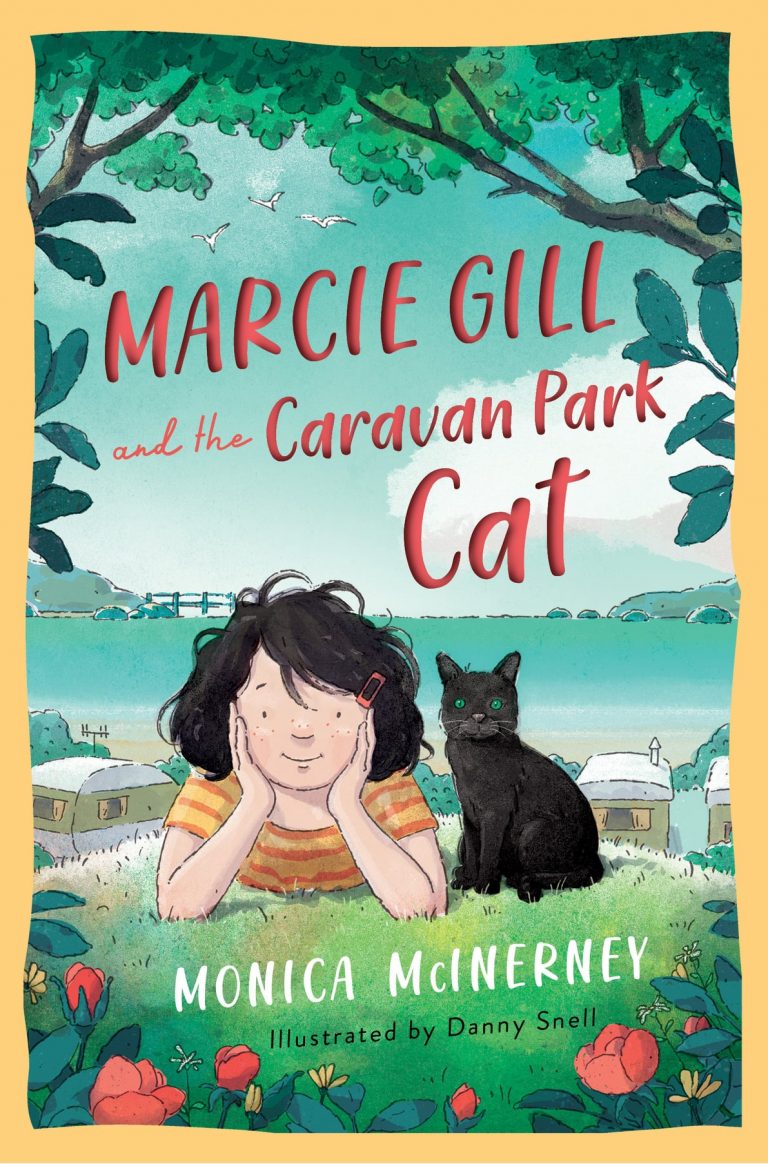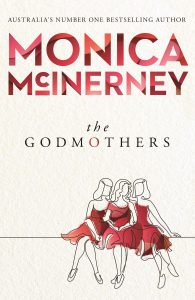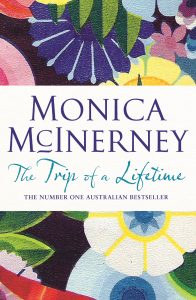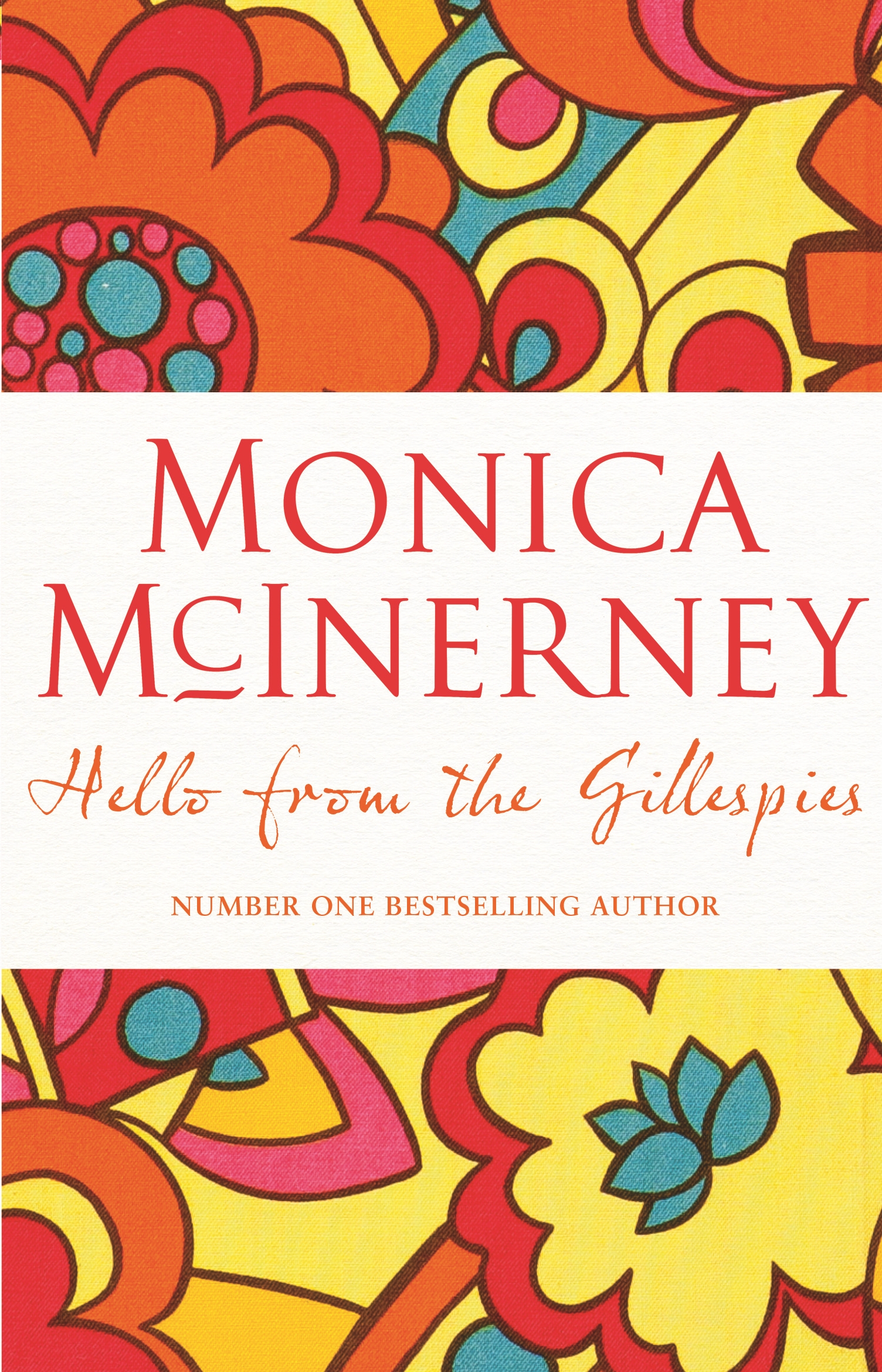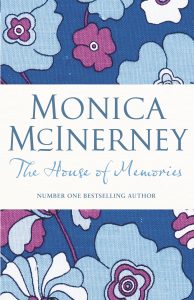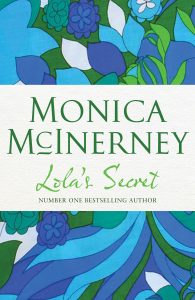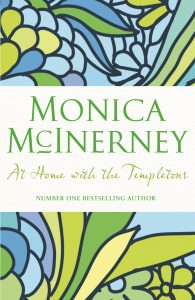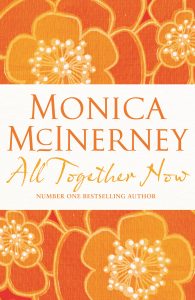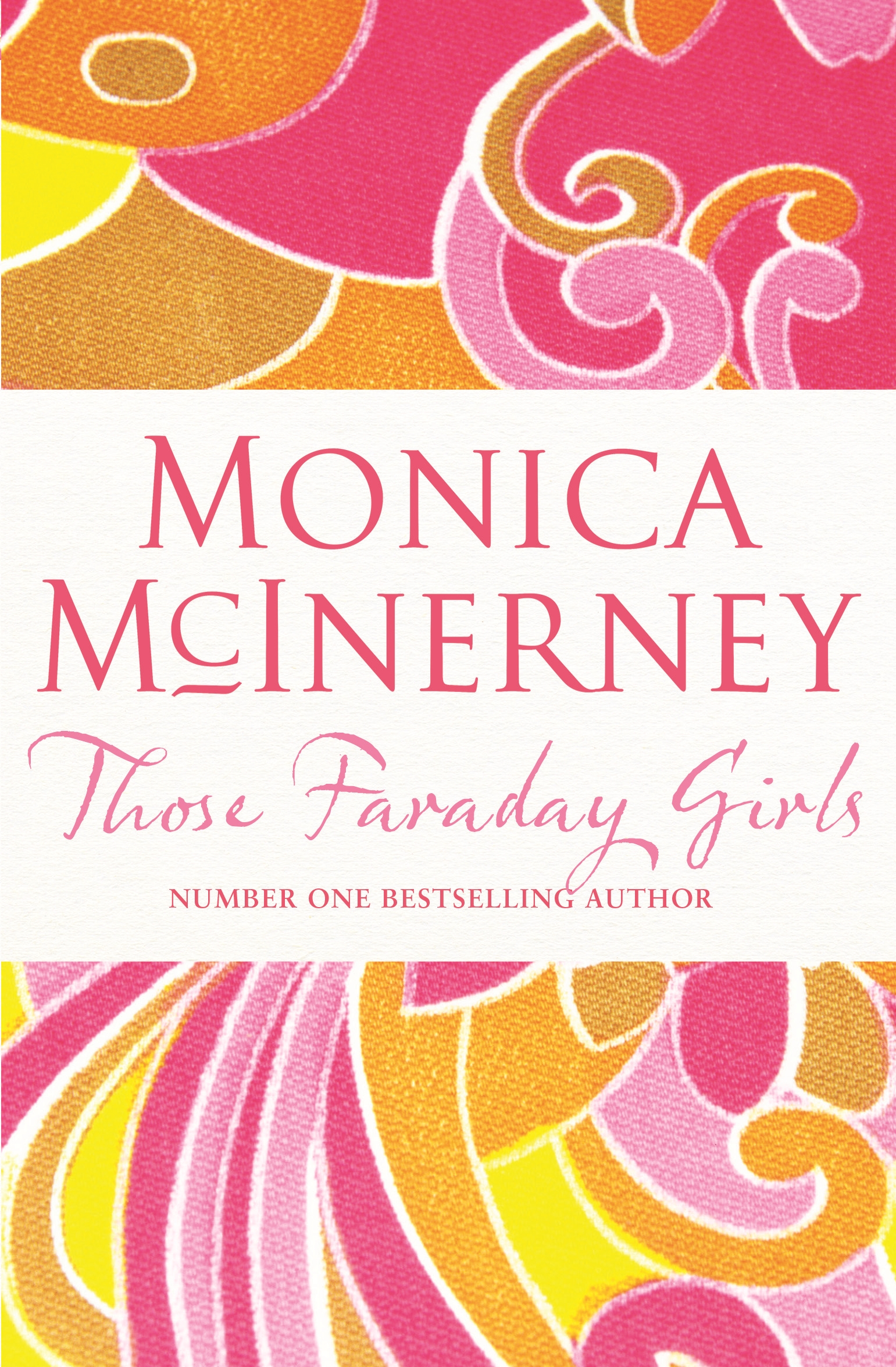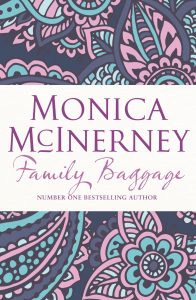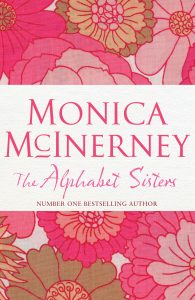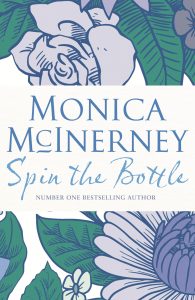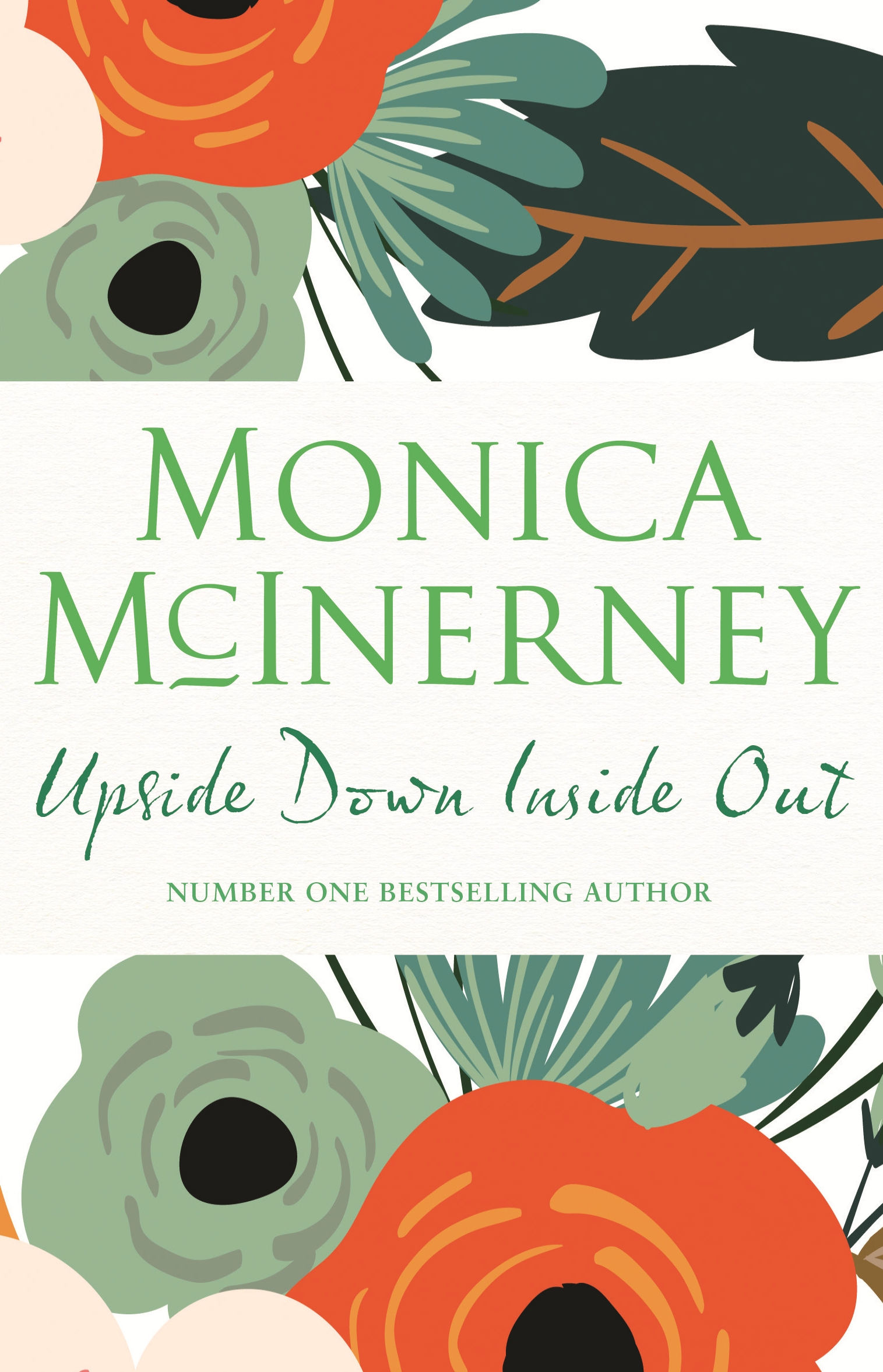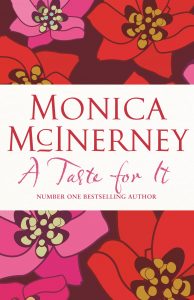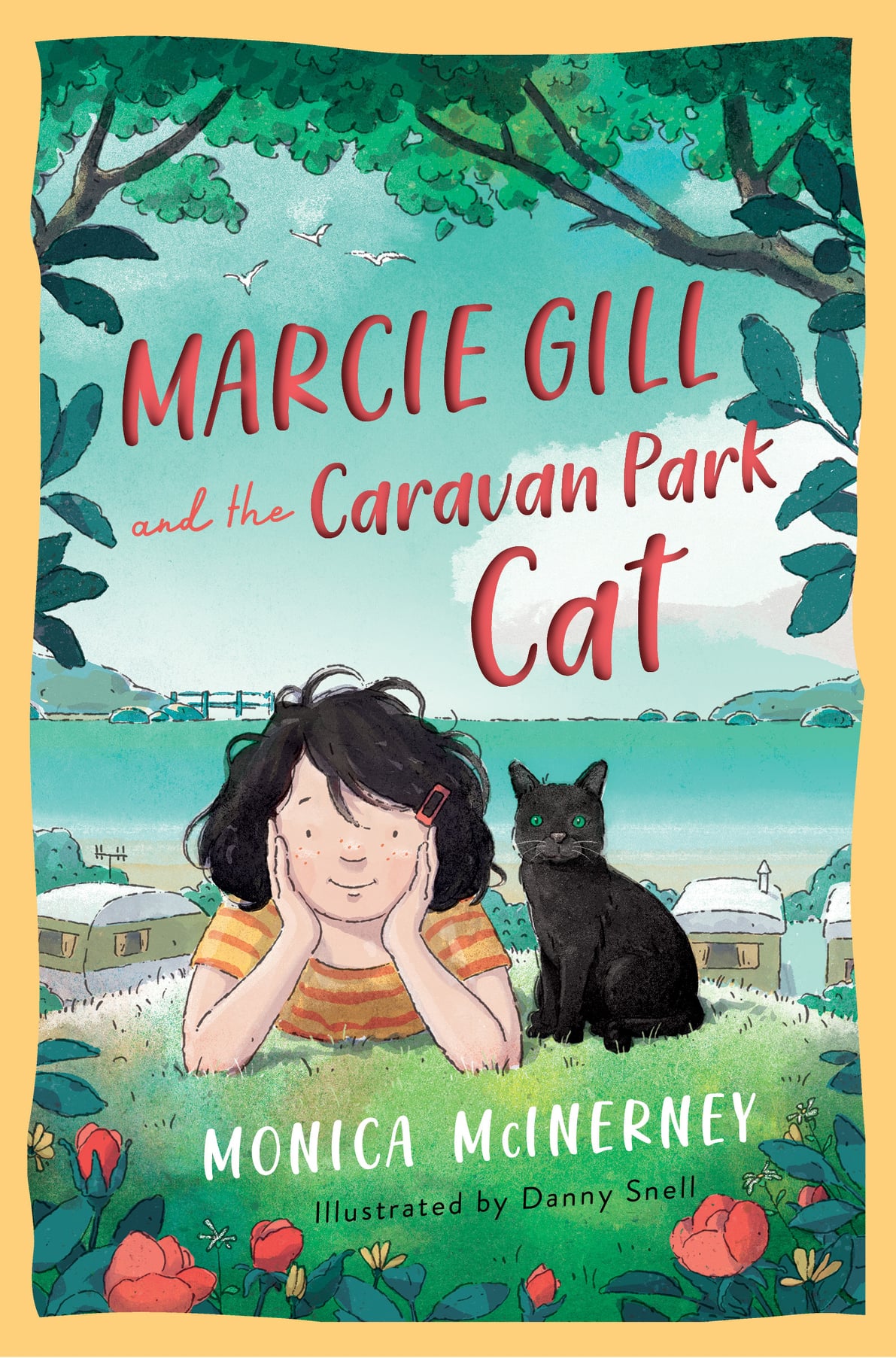My Godmother
As a child, I was obsessed with a family mystery – the sudden death of one of my aunts. I always believed my godmother, Nan (my father’s older sister), held the key to unlocking it.
Dad and Nan’s half-sister drowned, aged 44, in an underground water tank on the family farm in South Australia in 1957. Her death was always spoken about in hushed tones. Conversations stopped if any of us from the younger generation came into the room. I always felt sure there was more to it. Had it been an accident? Was it suicide? Or something more sinister?
Dad said he didn’t know. I felt sure my godmother did. All I had to do was find the right time to ask the right questions. But I knew it wouldn’t be straightforward. From an early age, I’d realised my godmother wasn’t an easy nut to crack.
Nan was born in 1924. At the age of fourteen, she contracted polio and spent a year in a hospital for infectious diseases. At home, her father was gravely ill with tuberculosis. My Gran made the day-long journey from their farm north of Adelaide every week, even though she wasn’t allowed into the hospital. She would stand outside as Nan’s bed was moved to the window so they could see one another. Scenes during the COVID19 pandemic often reminded me of that heartbreaking story.
Polio forged Nan’s personality. Although the disease severely restricted her mobility and left her reliant on walking sticks for the rest of her life, it made her fiercely determined and independent. As she grew older, she also became obsessively religious and increasingly eccentric.
At seventeen, I moved to Adelaide to work on Channel 9’s Here’s Humphrey children’s TV show. Nan took to turning up unannounced outside the studio in her car, sounding the horn continuously until I – or someone else – emerged. Another time (having moved interstate) I was staying in a twelve-storey Adelaide hotel on a work trip. A beeping horn far below my room brought me to the window one morning. Nan, once again.
She used the same technique with bank staff, pharmacists and – most memorably – her local priest who found himself summoned from lunch one day to hear her confession in the car. As the joke in the family went, Nan pioneered drive-through shopping.
She travelled overseas once in her life, on a religious pilgrimage to holy sites in France and Ireland. On her return, I visited, eager to see her photos. She’d taken hundreds from the tour bus, she told me, handing me the packets. All that was visible in each was a sliver of window and the seat in front, occupied by a woman who clearly wore a large hat every day.
As Nan grew older, she began hoarding new clothes, ordered over the phone from catalogues, in pre-online shopping days. I was often dispatched to collect or return her purchases to shops all over Adelaide. When I helped pack up her unit in 2001 after she decided to move into a nursing home, I found six wardrobes filled with new dresses and blouses, many still with the tags.
Over the years, I tried hard to get to know her. I visited as often as possible, sitting among the holy pictures and religious statues, hoping for a special godmother-goddaughter relationship. A chance to hear stories of her childhood, and yes, more about my late aunt’s death.
I learned Nan was more skilled in evasive answers than the most seasoned politician. She wouldn’t so much give a vague reply as answer a question I hadn’t asked. I would start simply. ‘Did you enjoy your childhood on the farm?’ After a pause, an answer. ‘The weather’s nice today.’ Another time, I asked about her relationship with her mother. A long pause. ‘You’ve got nice hands,’ she said.
One afternoon, the year I turned twenty, she invited me for lunch (asking me to ‘pick up a chicken’ on my way). I arrived with a bottle of wine too, hopeful a small glass might help her relax, open up. Two hours later, I staggered out with the empty bottle. Her glass was untouched, her lips still sealed.
Occasionally, I took her on day trips in my car, hoping they might lead to deeper conversation. ‘Do you have many memories of getting polio?’ I asked her once as we drove through rural South Australia, near her childhood farm. ‘They gave us a nice cup of tea after Mass last Sunday,’ she said. Some kilometres later, I asked if it had been difficult at times having four older half-siblings, from her father’s first marriage. ‘Are they new shoes?’ she asked. As the yellow paddocks flashed by, I decided to try the direct approach. ‘Nan, do you think there was more to your half-sister’s death than a drowning accident?’ There was a long pause. She gazed out the window. Finally, she spoke.
‘The trees are holding their own,’ she said.
After that, I gave up on the idea of solving the mystery of my aunt’s death. Instead, I turned my attention to Nan herself. I yearned to break through her protective layers, to hear the truth of her life. I felt sure she had important stories to tell. She’d grown up through the Depression, moved from the country to the city, found work as a telephonist, learned to drive. A photo of her in her 20s showed a bright-eyed pretty woman with a sparkle in her eyes. Had there ever been a suitor? She was very close to her mother and several elderly aunts, living together for years, in dark rooms, sleeping on single beds. (Mum said as children we would ask ‘why does that house have so many dead people in it?’) I longed to ask Nan, is this the life you wanted? Did you ever wish you could escape from your family? Have you been happy?
It didn’t matter how much time I spent with her, how gentle my questions were, how genuine my curiosity. Her skill at batting away anything I asked almost became a game between us. Nan died aged 84 in 2008, outliving all her brothers and sisters, taking everyone’s secrets with her. She left behind a great deal of religious material and many dresses with the tags on.
The idea of one generation hiding something from the next still fascinates me as a writer. My new book, The Godmothers, follows two women, the custodians of many secrets relating to their goddaughter, the only child of a beloved, troubled friend who died too young. It’s a story full of moral dilemmas. Is it always best to tell the truth? Or is it sometimes better to lie?
I’m now a godmother myself, to my sister’s second daughter, aged twenty-five and living in Berlin. I treasure our easy, close relationship. We talk often, visit one another and meet at regular family gatherings. But what if she starts asking me searching questions – about her mother, her other aunts and uncles, about me? Seeking more details about this or that family story, one I believe shouldn’t be shared? None of us were angels, after all. Will I always tell her the truth? Or will I discover I’ve inherited a skill for evasion too? I suspect I know the answer: “The trees are holding their own.”
(First appeared in Australian Women’s Weekly)
